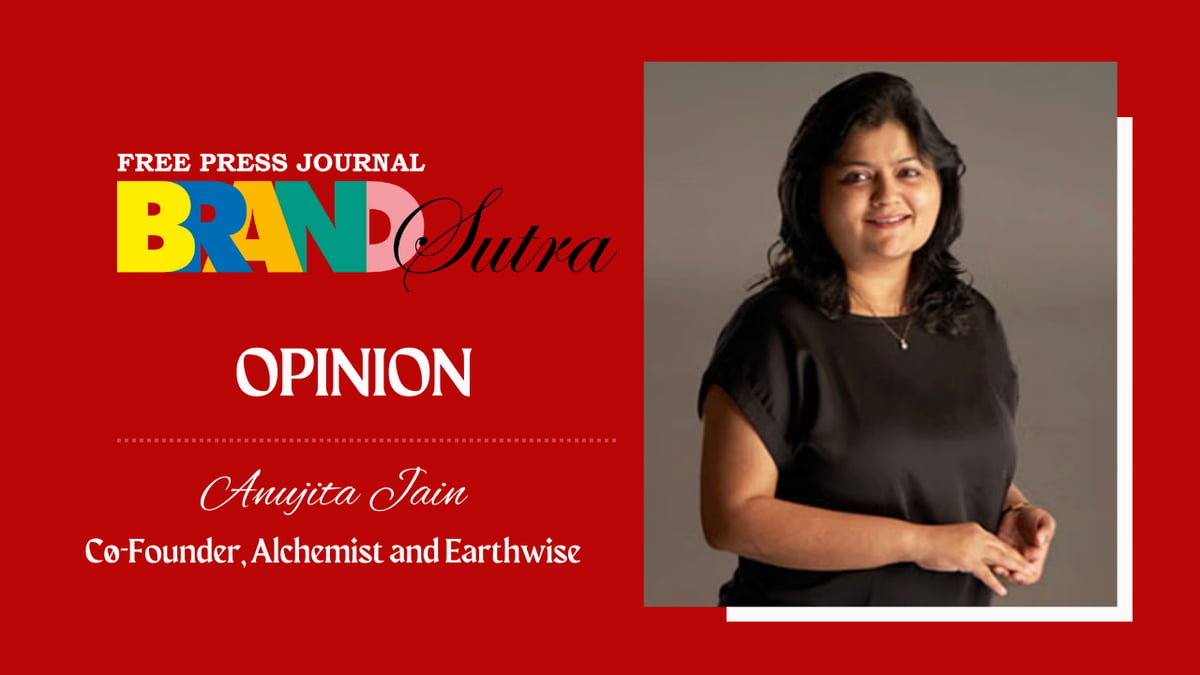Hey, fellow marketers! They are at risk of extinction if you don't market your greenery. Remember the early 2000s? Back then, billboards and TV commercials ruled, and someone in the room probably said, “Hey, you need to get into digital marketing – it's the future.”
Maybe you were listening. Maybe you didn't. But look where we are now – we are living in the golden age of digital marketing. And if you're still stuck in the past and clinging to outdated, untraceable marketing methods, then you're pretty much ready to be a fossil.
The highlight: The same thing is currently happening with sustainable marketing. If you haven't heard of it, this is your sign to wake up and smell the eco-friendly coffee.
What is sustainability marketing?
It's simple: brands spend money to showcase their sustainability efforts. I would like to call it “the future,” but the truth is that it is already here. The biggest brands in the world do it. In fact, sustainability marketing is so widespread that I challenge you to find a brand that hasn't dipped into the green pool yet. Spoiler alert: I'm going to prove you wrong.
So why sustainability marketing? The reason is obvious to us: Gen Z. This generation is extremely climate-conscious. They're all about change – be it trends like Sober January or adopting eco-friendly habits. And guess what? If your brand is known for truly caring about the planet, those consumers will choose you – even at a premium. That's Loyalty with a capital L.
Do you need proof? Let's talk about Coldplay.
Coldplay started out as a band working with older millennials. But when they dropped their sustainability report, they became so much more. Suddenly they were not just topping the charts, but eco-icons. Generation Z, the self-appointed guardians of the planet, took notice. Why was it a game-changer? Coldplay went from a nostalgic playlist to a thought leader in the green movement. They redefined their identity and made environmental awareness their unique selling point. Result? A new wave of fans, relevance in a younger market and a shining example for brands around the world.
Here's the ripple effect: Brands, celebrities and influencers are jumping on the sustainability bandwagon because being eco-friendly works. But there's a downside: not skipping ahead could have disastrous consequences.
Take Taylor Swift for example. As Coldplay soared with its green message, Taylor faced increasing criticism for her silence on the issue of sustainability. Generation Z isn't afraid to call out brands (or celebrities) that aren't doing their part. In today's world, eco-friendly lifestyle is not just a trend but a duty.
One last thing: Don't fake it.
If you're thinking about greenwashing or pretending to care about it without actually caring – then don't. Sustainability marketing has some of the most passionate followers, and they will be quicker to call you eco-friendly. So take real steps. Make real changes. Market them authentically.
And if you do it right, you will not only survive, but thrive. You will be the brand that rises above the rest, winning over not only consumers but also die-hard advocates.
(The author is co-founder of Alchemist and Earthwise)
